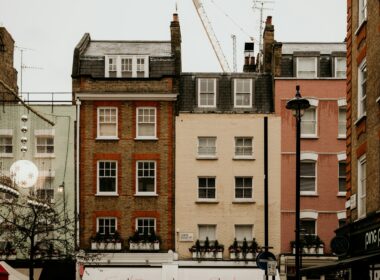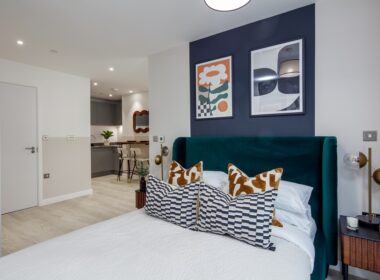First-time buyers with £50,000 burning a hole in their pocket could dodge a hefty chunk of cash compared to renting, according to Zoopla’s latest number-crunching. The property gurus reckon a typical mortgage for newbies clocks in at £1,038 a month—20% less than the £1,248 average rent across Britain.
That’s the perk of slapping down a 20% deposit, pegged at £50,740 based on nationwide house prices.
“Our renting versus buying analysis is welcome news for would-be first-time buyers looking to buy their first home, having faced steep increases in rents over the last three years,” says Zoopla’s exec director Richard Donnell, offering a glimmer of hope amid the grind.
Dig into the regions, though, and the picture shifts. In London, you’re looking at £83,440 for that 20%, often nudging up to 30% given the capital’s sky-high prices, while the North East keeps it lighter at £27,700.
| Region | FTB home costs | Typical 20% deposit | Typical monthly mortgage payment | Average monthly rents | The difference between mortgage and rent costs (%) |
| North East | £138,500 | £27,700 | £567 | £748 | -24% |
| Yorkshire and the Humber | £161,900 | £32,380 | £663 | £839 | -21% |
| North West | £176,900 | £35,380 | £724 | £915 | -21% |
| Wales | £179,900 | £35,980 | £736 | £929 | -21% |
| Scotland | £165,700 | £33,140 | £678 | £835 | -19% |
| West Midlands | £207,700 | £41,540 | £850 | £960 | -11% |
| South West | £250,700 | £50,140 | £1,026 | £1,124 | -9% |
| London | £417,200 | £83,440 | £1,708 | £1,822 | -6% |
| East Midlands | £217,800 | £43,560 | £891 | £903 | -1% |
| South East | £332,800 | £66,560 | £1,362 | £1,380 | -1% |
| East of England | £317,100 | £63,420 | £1,298 | £1,228 | 6% |
Zoopla’s sweep of 118 postal areas shows buying trumps renting by over 30% in spots like Glasgow, Edinburgh, Newcastle, Liverpool, and Cardiff.
Yet, the East of England flips the script—buying’s pricier there, with the South East and East Midlands neck-and-neck too. Harrogate’s a tough nut, with buying 15% dearer than renting, and Watford’s not far off at 7%.
“There remain challenges facing first-time buyers, especially those on average incomes or with small deposits,” Donnell warns, pointing to the deposit hurdle.
The sums assume a 4.5% mortgage rate over 30 years, but it’s not all rosy. Since 2015, tighter mortgage rules—meant to dodge a boom-bust rerun—have left middle earners stuck, able to cough up rent but stumped by ‘stress’ tests for pricier loans.
“Mortgage regulations introduced in 2015 to stop a housing market boom and bust have created a higher hurdle to home ownership for those on middle incomes, who can afford to make rental payments but are unable to prove they can afford higher mortgage ‘stress’ rates should borrowing costs increase in the future,” Donnell explains.
That bottleneck’s juicing rental demand, pushing rents up where buying’s a stretch.
Hope’s on the horizon, though—the FCA’s mulling simpler mortgage rules, promising “swift action to support people in getting the keys to their own home” last Friday.
Donnell’s all for it: “Proposals to review regulations around mortgages are welcome. We do not want to return to the loose lending that preceded the global financial crisis.” He reckons a “modest loosening” could unlock ownership for higher earners, easing rental pressure without sparking a price frenzy.




